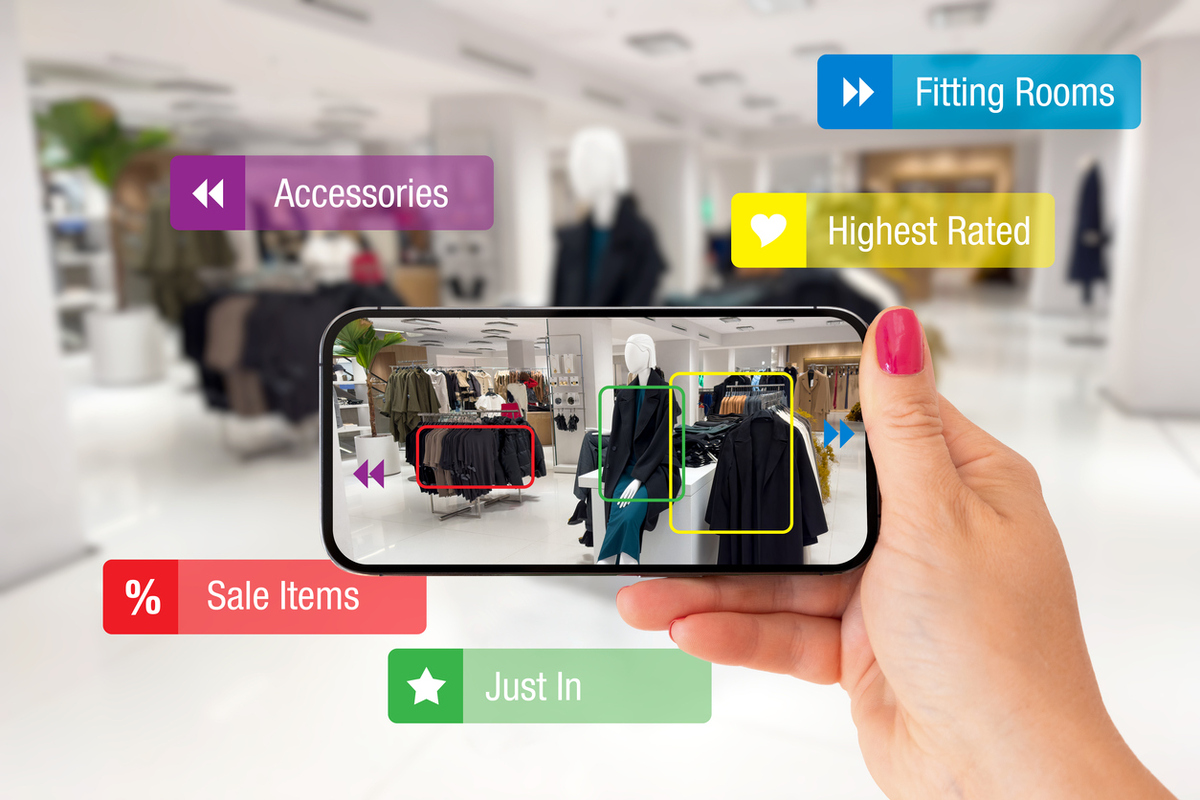

The Future of AI in Retail Management: Revolutionizing the Industry
The retail industry has undergone significant transformations in recent years, and artificial intelligence (AI) is poised to be the next game-changer. AI in retail management is no longer a novelty, but a necessary investment for retailers seeking to stay competitive and profitable in an increasingly digital landscape. As technology continues to advance, AI is expected to play a vital role in optimizing retail operations, enhancing customer experiences, and driving business growth. In this article, we’ll explore the future of AI in retail management and how it’s revolutionizing the industry.
Streamlining Operations with AI
One of the most significant advantages of AI in retail management is its ability to streamline operations and improve efficiency. By automating routine tasks, AI can help retailers reduce costs, minimize errors, and free up resources for more strategic initiatives. Here are some ways AI is transforming retail operations:
- Inventory Management: AI-powered inventory management systems can analyze sales data, seasonality, and other factors to optimize stock levels, reduce stockouts, and minimize waste.
- Supply Chain Optimization: AI can help retailers predict demand, manage logistics, and optimize supply chain routes, leading to faster delivery times and lower costs.
- Task Automation: AI can automate tasks such as scheduling, payroll processing, and benefits administration, freeing up staff to focus on customer-facing activities.
Enhancing Customer Experiences with AI
AI is also transforming the way retailers interact with customers. Here are some ways AI is enhancing customer experiences:
- Personalization: AI-powered algorithms can analyze customer data to offer personalized product recommendations, tailored promotions, and relevant content.
- Chatbots and Virtual Assistants: AI-powered chatbots and virtual assistants can provide 24/7 customer support, answering queries, and helping customers navigate the sales process.
- Sentiment Analysis: AI can analyze customer feedback and sentiment, enabling retailers to identify areas for improvement and improve overall customer satisfaction.
Revolutionizing Pricing and Merchandising with AI
AI is also having a profound impact on pricing and merchandising strategies in retail. Here are some ways AI is revolutionizing these areas:
- Dynamic Pricing: AI can analyze demand patterns, competitor pricing, and other factors to optimize prices in real-time, maximizing revenue and profitability.
- Product Recommendations: AI-powered algorithms can analyze customer data and behavior to recommend relevant products, increasing average order value and basket size.
- Assortment Planning: AI can help retailers optimize product assortments, ensuring the right products are stocked in the right quantities, at the right times, and in the right locations.
AI-Powered Retail Analytics
One of the most significant benefits of AI in retail management is its ability to provide insights and analytics that inform business decisions. Here are some ways AI is transforming retail analytics:
- Predictive Analytics: AI-powered predictive analytics can help retailers forecast sales, identify trends, and anticipate customer behavior.
- Customer Segmentation: AI can analyze customer data to create detailed segmentations, enabling retailers to target specific groups with tailored marketing campaigns.
- Performance Monitoring: AI-powered analytics can help retailers monitor performance in real-time, identifying areas for improvement and optimizing operations.
Challenges and Opportunities in AI Adoption
While AI offers numerous benefits for retailers, there are also challenges and opportunities to consider:
- Data Quality: AI systems are only as good as the data they’re trained on. Retailers must ensure data accuracy, completeness, and relevance to achieve optimal results.
- Employee Training: As AI takes over routine tasks, retailers must invest in employee training to ensure staff can work effectively with AI systems and focus on higher-value activities.
- Cybersecurity: AI systems can introduce new cybersecurity risks. Retailers must prioritize data protection and implement robust security measures to protect customer data.
- Collaboration and Partnerships: AI adoption often requires collaboration with technology partners and vendors. Retailers must be willing to form strategic partnerships to access expertise and resources.
Conclusion
The future of AI in retail management is bright, with the potential to transform operations, enhance customer experiences, and drive business growth. While there are challenges to consider, the benefits of AI adoption far outweigh the costs. As technology continues to advance, retailers must be willing to invest in AI solutions to stay competitive and thrive in an increasingly digital landscape. By embracing AI, retailers can unlock new efficiencies, improve profitability, and deliver exceptional customer experiences that drive loyalty and retention.
Additional Resources
- McKinsey, "The future of retail operations: How to thrive in a digital world"
- Deloitte, "AI in retail: Unlocking the power of artificial intelligence"
- Retail Dive, "The Future of Retail: How AI and Automation Will Change the Industry"
- Harvard Business Review, "How AI Is Changing the Way We Shop"




